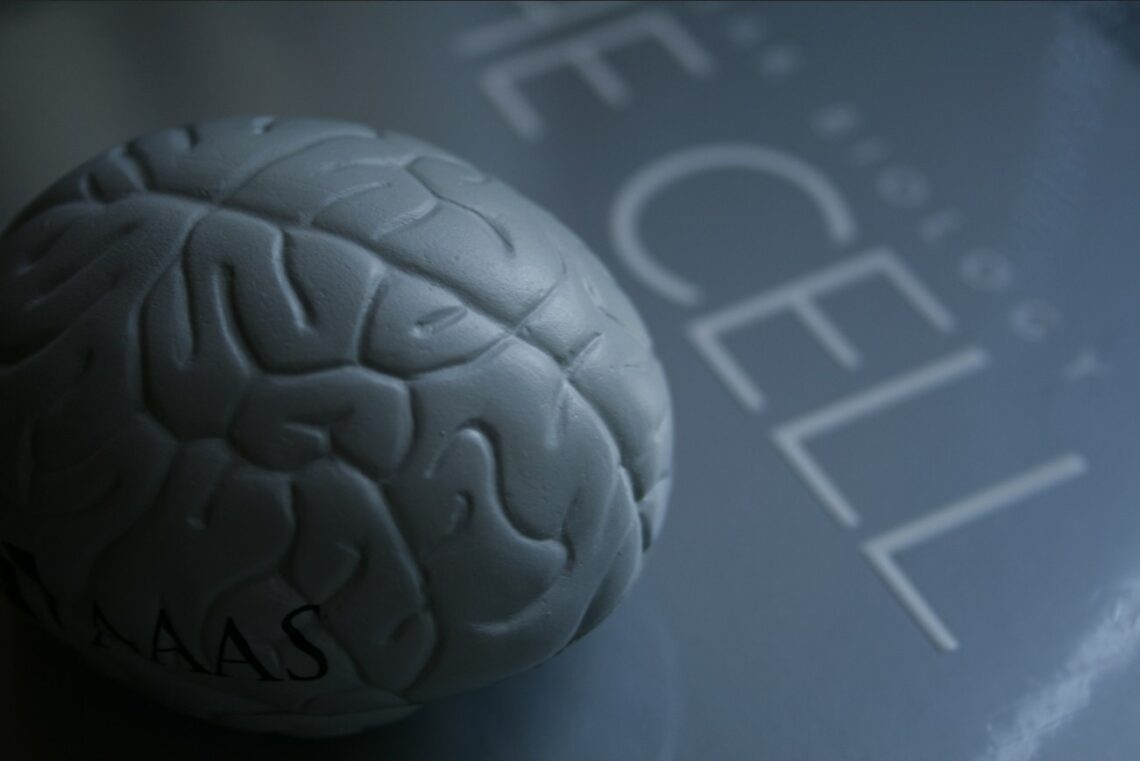Articles by Dr Jane Gilbert
Jane has over 20 years’ experience as a health writer and TV presenter. Jane writes on a wide variety of clinical and care topics – from explaining the latest studies and research to unpacking conditions and discussing treatment options. Jane holds a MBBS degree from Imperial College, London and spent seven years working in the NHS.

Can you drive with dementia?
Driving is a complex skill that requires concentration, coordination, patience and an ability to remember routes. The brain damage of dementia will increasingly affect your capacity to drive and to safely cope with the tests and trials on the road.…
What is mixed dementia?
Although people tend to use the terms dementia and Alzheimer’s disease interchangeably, there are many different causes for the brain damage associated with the condition. Repeated small strokes, Parkinson’s disease and metabolic disorders like diabetes or thyroid disease can also…

Can dementia be cured?
Frustratingly, medical science has so far been unable to find a cure for dementia. The truth is that there is unlikely to be a single ‘silver bullet’ to treat the condition because the brain damage of dementia is caused by…
Would you like to know more about Hometouch's high quality live-in care service?

Omega-3 and brain health
Your grandparents probably swore by the health benefits of cod liver oil. A spoonful a day was the dietary supplement of choice for centuries. And it’s no old wives’ tale, fish oils are rich in omega-3, a micronutrient that can…
Speak to one of our knowledgeable care advisers about Hometouch’s high quality live-in care service

How is dementia diagnosed?
Problems with memory don’t always mean Alzheimer’s, so how can you tell if someone you love has dementia? When a relative is becoming forgetful, confused and withdrawn, you may suspect dementia, but how can you know for sure that they…

Why does heart health matter?
The heart is the beating centre of your body. It pumps blood around the system, providing cells with the oxygen and nutrition they need to survive. A pumping heart is essential for life, but our food, activity and lifestyles can…

What is vascular dementia?
Alzheimer’s isn’t the only reason that dementia develops. One in five people with dementia experience memory loss, communication difficulties and problems with thought and planning because of repeated small strokes in the brain. This is known as vascular dementia or…

How long does Alzheimer’s Disease last?
Every person affected by dementia will experience it in their own unique way. Although each individual will have problems with thought, memory and communication, the pattern and speed of progression of the disease will vary from one person to another.…

The seven stages of Alzheimer’s disease
Dementia is a progressive disease, which means it gradually gets worse over time. Each individual’s experience of dementia is different. However, most people follow a similar pattern of deterioration in thought and function. The symptoms of Alzheimer’s disease change over…

What happens to the brain in Alzheimer’s disease?
We don’t fully understand the causes of Alzheimer’s. However, scans and examinations of the brains of people affected by the disease, mean that we do know the impact it can have on the structure and function of the brain. Abnormal…
Apply for live-in care jobs
Hometouch has been one of the best companies I have worked for in the care sector! I have always been told I’m appreciated and been made to feel like it too. I’m so happy to be a part of the Hometouch team
Shaheen

£750 - £900 per week. Double bank holiday pay
You choose your own clients
Clinical support
Free training, webinars and supervision